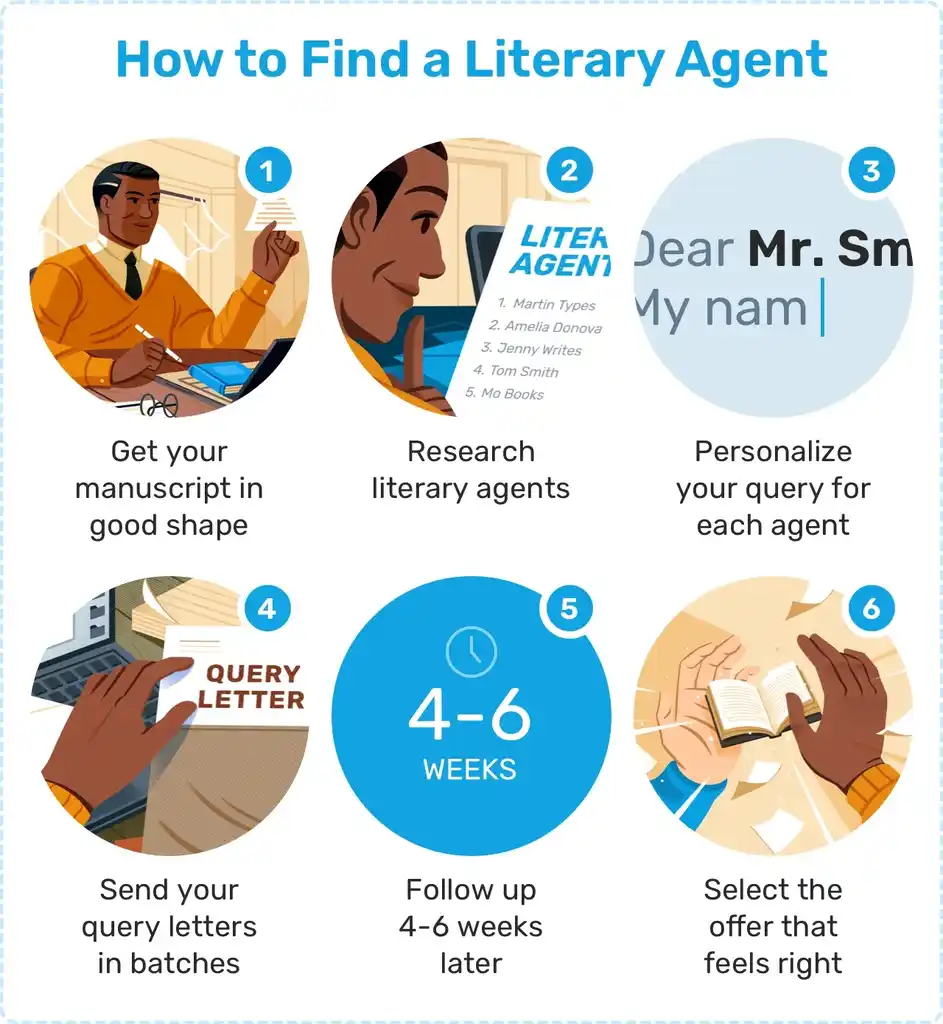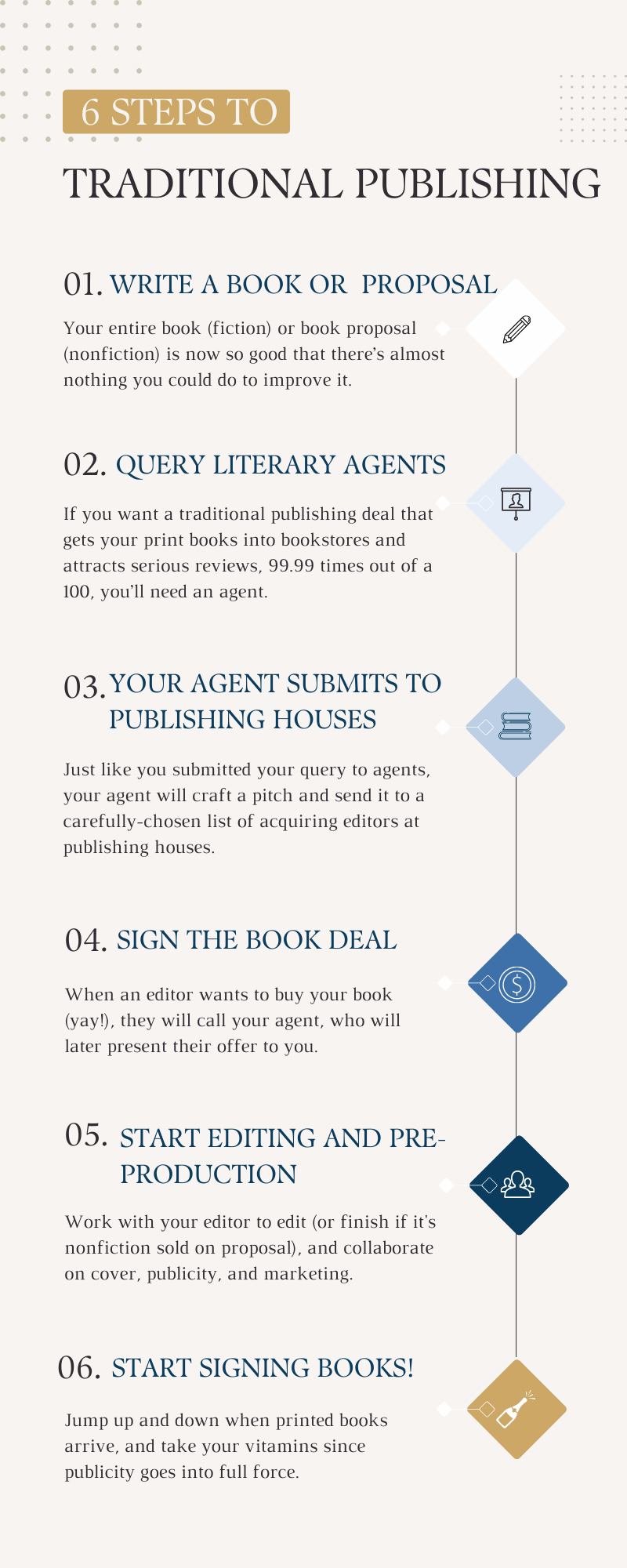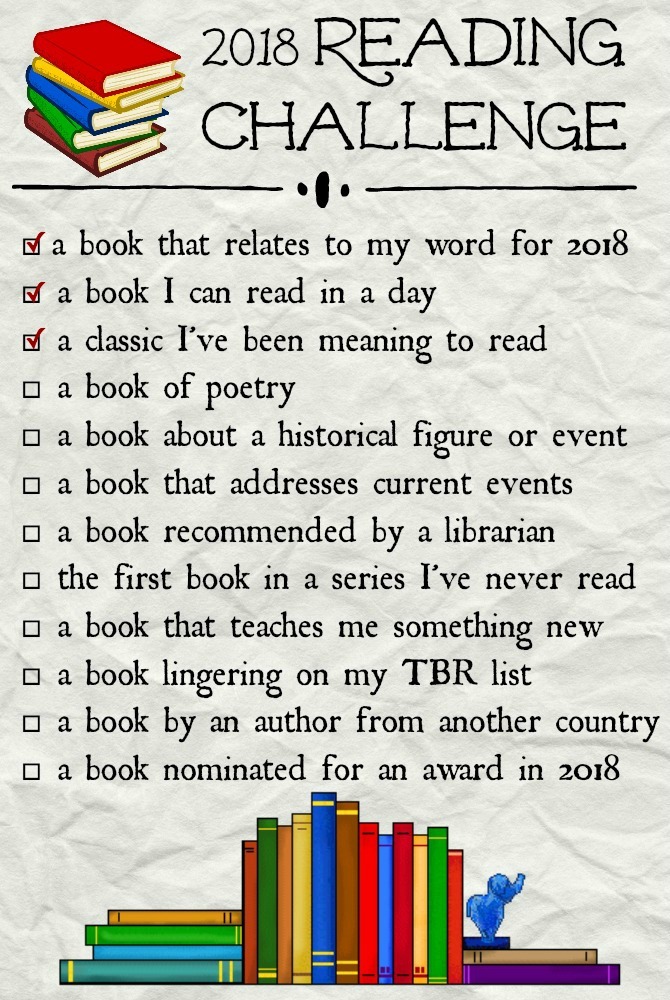How to Get a Book Agent? Proven Steps for Success
Finding a book agent can be a daunting task. But it’s essential for getting published.
So, how do you get a book agent? First, understand that a book agent is a professional who helps authors sell their work to publishers. They offer expertise, contacts, and negotiation skills. Getting one can open doors that might otherwise stay closed.
But the process requires effort, strategy, and patience. It involves researching the right agents, crafting compelling queries, and having a polished manuscript ready. In this blog, we’ll break down the steps needed to secure a book agent. You’ll learn the ins and outs of this critical part of the publishing world. Let’s dive in and simplify the process for you.
Research Agents
Finding the right book agent is crucial for any author aiming to get their work published. One of the first steps in this journey is to research potential agents. Knowing how to identify and approach the best agents for your specific genre can make all the difference.
Identify Genre Specialists
Start by pinpointing agents who specialize in your genre. If you write fantasy, look for agents who have successfully represented fantasy authors. This increases your chances of finding someone who understands your work.
Use resources like online databases, industry websites, and social media to compile a list of agents. Check out their profiles and past clients to ensure they’re a good fit for your book.
Personal experience: When I was seeking an agent for my mystery novel, I specifically looked for agents who had represented similar books. This approach helped me get tailored advice and increased my chances of success.
Read Submission Guidelines
Every agent has unique submission guidelines. Reading these carefully can prevent your query from being discarded. Some agents prefer email submissions, while others use online forms.
Pay attention to what they ask for: cover letters, sample chapters, or complete manuscripts. Following these instructions shows that you respect their process.
Example: One agent I approached required a detailed synopsis along with the first three chapters. Ensuring I met these requirements showed my professionalism and seriousness about my work.
Are you ready to take the next step in finding your ideal book agent? Start your research now and unlock the potential of your manuscript.

Credit: blog.reedsy.com
Prepare Your Manuscript
Crafting a polished manuscript is vital to attract a book agent. Focus on clear writing, strong characters, and engaging plots.
### Prepare Your Manuscript Before you start searching for a book agent, it’s crucial to prepare your manuscript meticulously. This stage can make or break your chances of catching an agent’s eye. You want your manuscript to be polished and professional. ### Polish Your Writing First, ensure your writing is as good as it can be. Edit ruthlessly. Cut out unnecessary words and tighten your sentences. Seek feedback from trusted friends or writing groups. Sometimes, others can spot issues you’ve missed. Consider hiring a professional editor if your budget allows. Their expertise can elevate your manuscript to the next level. ### Format Correctly Formatting your manuscript correctly is equally important. Agents receive countless submissions and a poorly formatted manuscript can be an instant turn-off. Use standard fonts like Times New Roman or Arial, size 12. Double-space your text and use one-inch margins. Follow submission guidelines strictly. Each agent might have specific preferences, so read their instructions carefully. Ignoring these could mean an automatic rejection. Remember, attention to detail shows professionalism. It tells the agent you are serious about your work. Take the time to get it right.Craft A Query Letter
Crafting a query letter is key to getting a book agent. Highlight your book’s unique qualities and your writing credentials. Engage the agent with a compelling summary and professional tone.
Crafting a query letter is one of the most crucial steps in finding a book agent. It’s your first impression, and you want to make it count. A query letter should be professional, concise, and intriguing enough to capture an agent’s interest.Catchy Opening
Start your query letter with a compelling opening. This is where you hook the agent’s attention. Think of it as the first sentence of your book. Share something unique about your book or your writing journey. For example, you might mention a startling fact or a personal experience that inspired your story. Make sure it’s relevant and draws the reader in immediately. Avoid using clichés or generic statements. Be specific and genuine in your approach. Agents read countless queries, so stand out with your authenticity.Brief Synopsis
Next, provide a brief synopsis of your book. This should be a short summary that outlines the main plot, characters, and stakes. Focus on the core elements of your story. What is the main conflict? Who are the protagonists? What challenges do they face? Be clear and concise. Remember, this is not the place for a detailed breakdown. Think of it as an elevator pitch – give enough detail to intrigue without overwhelming. Keep it simple and engaging. Lastly, end with a cliffhanger or an open-ended question. This leaves the agent wanting more and encourages them to request your manuscript.
Credit: www.tiffanyhawk.com
Create A Proposal
Creating a proposal is crucial in securing a book agent. A well-crafted proposal showcases your book’s potential and your credentials as an author. It acts as a sales pitch to attract agents. In this section, we will discuss two important parts of a proposal: a detailed outline and an author bio.
Detailed Outline
A detailed outline gives a clear overview of your book. Break down each chapter. Summarize key points and main events. This helps agents understand the flow of your book. Make sure your outline is clear and concise. Highlight the unique aspects of your story. This is your chance to show why your book stands out.
Author Bio
Your author bio is your introduction to agents. Share your writing experience and any published work. Mention relevant education or training. Highlight any awards or recognitions. This builds your credibility as an author. Keep your bio short and focused. Show agents why you are the best person to write this book.
Submit To Agents
Getting a book agent is a crucial step in your writing career. Submitting to agents can be daunting, but it’s essential for getting your manuscript published. Here’s how to do it right.
Personalize Each Submission
Each agent is unique and has specific preferences. Tailor your submissions to match their interests. Start with a personalized greeting. Use the agent’s name, not a generic salutation. Mention why you chose them. Highlight how your book fits their portfolio. Show that you have done your research.
Include a brief bio. State your writing experience and any credentials. Keep it relevant. Agents receive many submissions, so make yours stand out. Personal touches can make a big difference.
Follow Up
Patience is key. Agents receive countless queries. Wait four to six weeks before following up. A polite email is best. Mention your original submission date. Reiterate your interest. Keep it brief and professional.
If you get no response after a follow-up, move on. Submit to other agents. Keep track of your submissions. Perseverance pays off. Stay focused and determined.
Build An Online Presence
In today’s digital age, having a strong online presence can make a significant difference in attracting a book agent. Agents often look for authors who already have an audience. Building an online presence shows agents that you are serious about your writing career and have the potential to reach readers.
Social Media Profiles
Start by creating professional social media profiles on platforms like Twitter, Instagram, and Facebook. Share snippets of your writing, engage with other authors, and join writing communities. Consistent posting and interaction can help you gain followers and demonstrate your commitment to your craft.
I began sharing short stories on Instagram and connected with other writers. This not only improved my writing but also caught the attention of a book agent who followed my work. Your social media profiles should reflect your personality and writing style, making them a showcase of your talent.
Author Website
Creating an author website is a crucial step in establishing your online presence. A professional website acts as your digital business card. It should include a bio, contact information, and samples of your work.
When I launched my author website, I noticed an increase in inquiries from agents. It provided a central hub where they could easily find all the information they needed about me and my writing. Consider adding a blog to share insights about your writing process and updates about your projects.
Have you ever considered how an engaging online presence might be the key to landing a book deal? Starting today could set you on the path to connecting with the right agent. Focus on creating a strong social media presence and a professional author website to showcase your work and attract attention.
Network In Literary Circles
Networking in literary circles can significantly boost your chances of getting a book agent. Building connections with industry professionals and fellow writers opens doors to opportunities you might not find otherwise. Think of it as planting seeds that can grow into fruitful relationships.
Attend Conferences
Literary conferences are gold mines for networking. They gather agents, publishers, and authors under one roof, making it easier to connect with the right people. Plus, you can attend panels and workshops to learn industry trends and best practices.
One time, I attended a writers’ conference in New York. During a break, I struck up a conversation with an agent at the coffee stand. A casual chat turned into a discussion about my manuscript. Two months later, I had an agent.
Look for conferences that focus on your genre. This helps you meet people who are specifically interested in your type of writing. Always carry business cards and prepare a brief pitch about your book. You never know when you’ll need it.
Join Writing Groups
Joining writing groups can also help you network. These groups often have members who are at various stages of their writing careers. You can get feedback on your work and learn from others’ experiences.
In my local writing group, I met a published author who introduced me to her agent. This connection would have been impossible if I had stayed isolated. Writing groups offer a supportive environment to improve your craft while making valuable connections.
Search for local writing groups through libraries or community centers. Online platforms like Meetup can also be helpful. Participate actively and attend meetings regularly. The more you engage, the more you gain.
Have you ever thought about how many connections you could make by simply being present in the right places? Networking might seem daunting, but it’s often just a conversation away.

Credit: aprildavila.com
Handle Rejections
Facing rejection is a common part of the journey to getting a book agent. Even the best writers receive rejection letters. Learning how to handle these rejections is crucial. It helps you stay motivated and refine your approach.
Stay Positive
Rejection can feel personal, but it is not. Agents reject many talented writers. It is essential to keep a positive mindset. Remember, a rejection does not define your talent.
Every “no” brings you closer to a “yes.” Celebrate small wins and progress. Stay focused on your goals. Keep writing and improving your craft. Positivity will keep you moving forward.
Revise Your Approach
Analyze the feedback you receive. It can provide valuable insights. Look for patterns in the rejections. Are agents commenting on the same issues? This could be a sign to revise your manuscript.
Consider rewriting your query letter. A clear, compelling query can make a difference. Research successful query letters in your genre. Tailor your approach based on your findings.
Join a writers’ group. Peer feedback can help identify weak points. Use this constructive criticism to refine your work. Keep learning and adapting your strategy.
Frequently Asked Questions
How Much Does It Cost To Get An Agent For A Book?
Literary agents usually charge a 15% commission on book sales. There may be additional fees for expenses.
How Do I Find An Agent For My Book?
Research literary agents specializing in your genre. Prepare a strong query letter. Submit to agents accepting submissions. Attend writing conferences. Network with published authors.
How Hard Is It To Get A Book Agent?
Getting a book agent can be challenging. Competition is high, and agents receive numerous submissions. A polished, compelling query increases your chances.
Are Book Agents Free?
Book agents are not free. They typically charge a commission, usually around 15% of your earnings from book sales.
Conclusion
Finding a book agent takes time and effort. Research potential agents thoroughly. Create a strong query letter. Personalize each submission. Follow each agent’s guidelines closely. Be patient and persistent. Rejections will happen, but keep trying. The right agent will believe in your work.
Stay focused, keep writing, and your opportunity will come. Good luck on your journey to getting a book agent!




